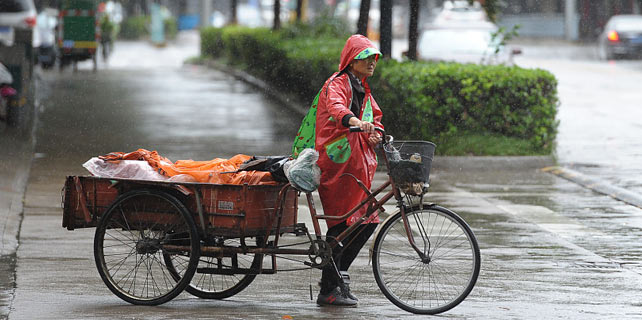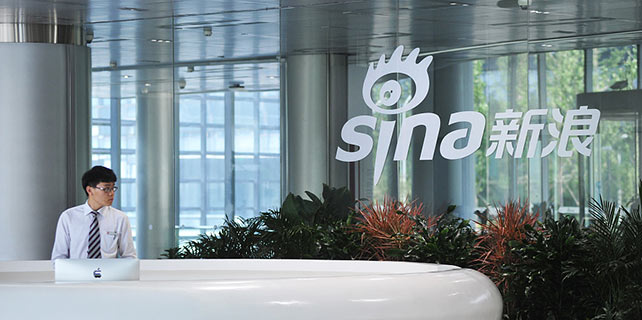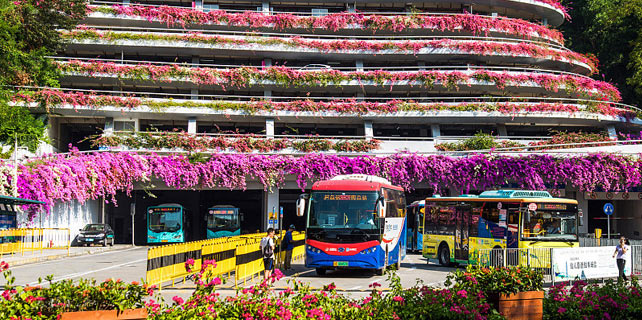Tujia targets realty in Japan, vies with leader Airbnb
TOKYO and BEIJING-Tujia.com, China's largest vacation rental platform, seeks to boost its Japan listings tenfold in two years as it vies with Airbnb Inc to capitalize on the nation's tourism boom.
The Beijing-based startup aims to increase the number of properties available for holiday rental to about 100,000 by 2019 from 10,000 now, Tomoko Suzuki, chief executive officer of the Japanese unit, said in an interview in Tokyo.
About half of the listings are owned by Chinese investors, she said, adding that Tujia may buy lodgings of its own in the future.
Japan's home-sharing market is rapidly expanding after the government cleared regulatory hurdles earlier this year and as record tourist arrivals put a strain on the hotel industry.
Chinese are bucking tighter capital controls at home to invest in real estate around the world, and Suzuki said Japan's relatively low land prices will give them an incentive to purchase properties that Tujia can add to its listings.
"Real estate in Tokyo, Osaka and Kyoto is cheap compared to Shanghai and Beijing, and Chinese interest in property investment is strong," said Suzuki.
Some investors own as many as 100 rooms, sometimes whole apartment buildings, and they lease to local tenants as well as tourists through the Tujia platform, she said.
Visitors to Japan rose 18 percent to 18.9 million in the first eight months of the year, on course to beat 2016's record 24 million, Japan's National Tourism Organization data show.
The country hosted more than 800,000 Chinese in August alone--the most ever for a single month.
Prime Minister Shinzo Abe's government is seeking to attract 40 million arrivals in 2020 around Tokyo Olympics. Tujia charges owners 3 percent of their accommodation rates, which are typically about 15,000 yen ($130) to 20,000 yen a night, he said.
The firm arranges more than 56,000 stays a day on a group basis, she said, declining to comment on how many of those are in Japan.
The service, which is available only in Chinese, is in seven Asian countries including Singapore, Thailand and Malaysia.
Tujia has been raising funds for its expansion. In Japan, the company employs eight people, a number Suzuki expects to roughly double by 2019. It is seeking to increase the number of listings there to 200,000 by 2025, she said.
By comparison, San Francisco-based Airbnb has about 55,000 listings in Japan, its most popular destination in the Asia-Pacific region. Airbnb doesn't own the properties.
Japan passed a bill in June that removed the uncertainty over whether renting out a property for short periods was legal. The legislation, which limits stays to 180 nights a year and requires providers to register with local governments, will take effect next year.
On Oct 10, Luo Jun, CEO of Tujia, announced through an internal message that the online platform has completed its fifth, or E, round of funding. The round has raised $300 million, with lead investors from Ctrip and All-Stars investment, followed by China Renaissance's Huaxing Growth Capital, Glade Brook Capital, and G Street Capital.
Tujia has gained momentum in the domestic market, with transaction volumes growing over 300 percent year-over-year.
Internationally, especially in Asia, Tujia has grown fivefold this year in terms of transaction volumes.
On the eve of the 2017 National Holiday "Golden Week", the company released its "Tujia Mansion" product, which received unprecedented positive response and saw transaction volumes during the Golden Week exceed the previous year's by 400 percent, it said.
With an average nightly price for a single room exceeding 3,000 yuan (nearly $455) and the most expensive room at 45,000 yuan, "Tujia Mansion" demonstrates the growing demand for luxury offerings by high-end customers, Tujia said.
BLOOMBERG-CHINA DAILY
















